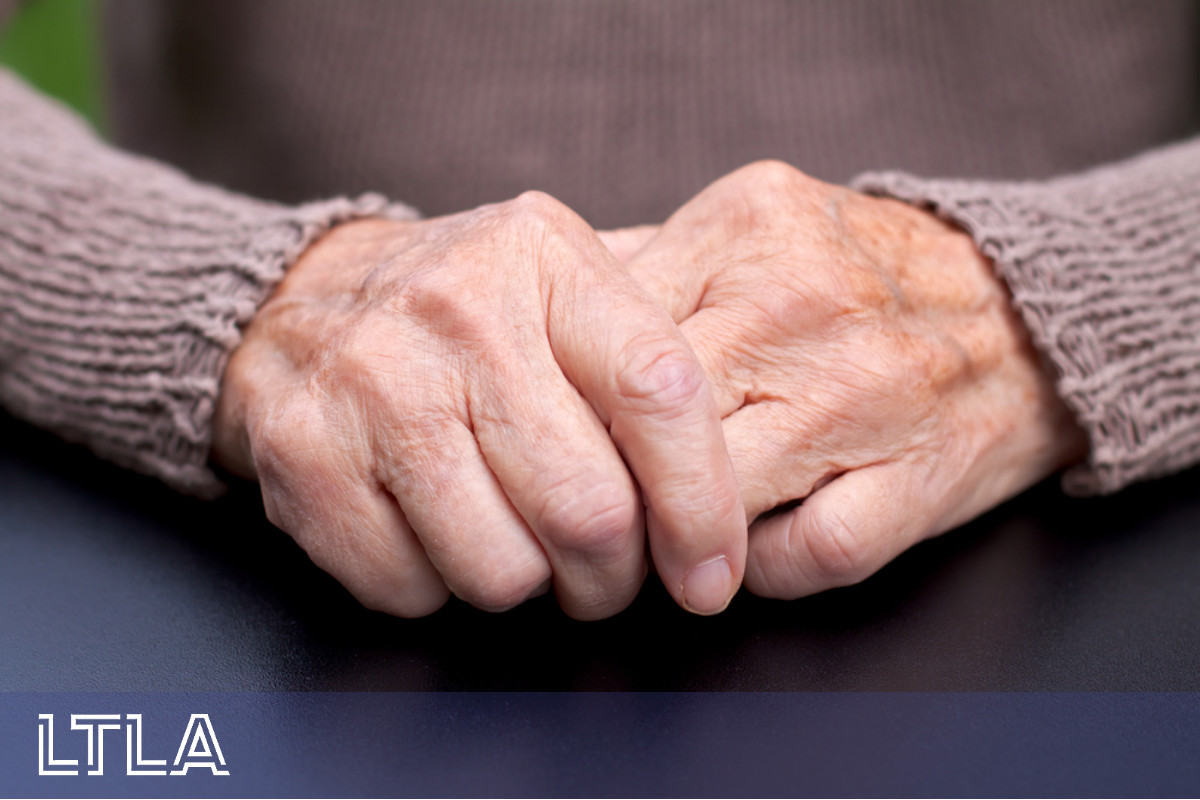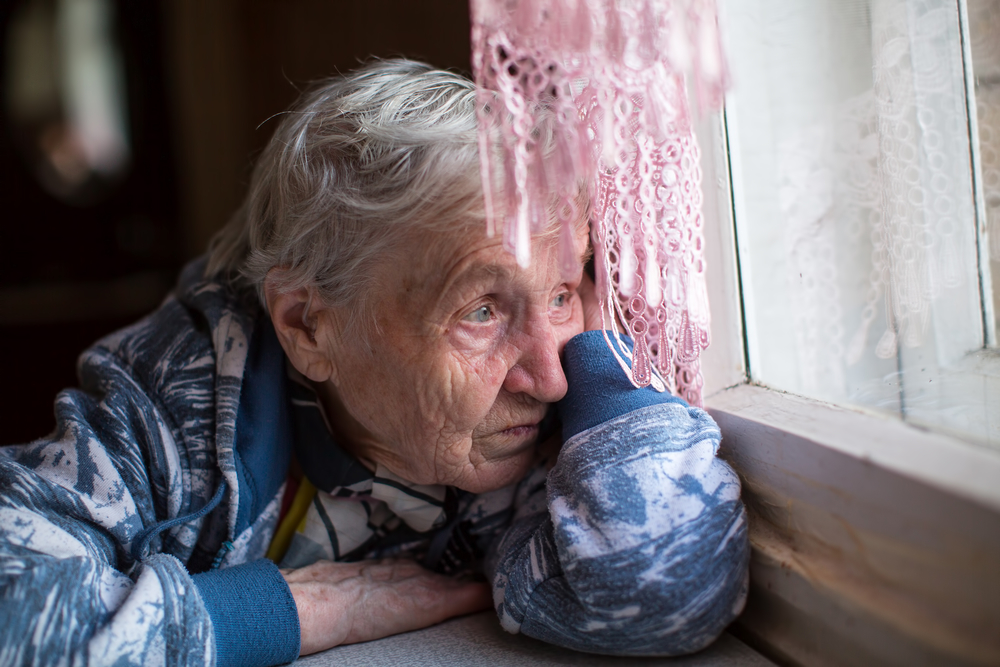
Depression and anxiety in seniors share common disorder symptoms. Adding to the medley of healthcare factors our individualities, family histories and biological genetics present challenges when making senior mental illness decisions. The demands for healthcare can be overwhelming when it comes to making the right decision for both the senior and the supportive family members.
Many feel as if they have little control in making these necessary and emotional assessments for senior depression. The Long-Term Living Association (LTLA) provides professional guidance for seniors and family members for a variety of issues that come with aging. When you take the time to learn more about the choices available – you will feel better about the long-term decisions you’re making.
Health Management
Physical symptoms associated with depression and anxiety in seniors range from headaches to memory loss or difficulties with cognitive functions (thinking). One can affect the other, triggering additional signs of senior mental illness. If you or a loved one experience changes in your sleeping routines, increased focus on worry or nervousness – you could be suffering with senior depression.
Someone who is depressed has feelings of sadness and anxiety for several weeks. Although the conditions are treatable – depression is not a normal part of aging. Because elderly treatment is different compared to the younger stages of life, talking with a specialized geriatric physician can help to restore one’s health and confidence.
For many individuals, these two disorders can occur anytime during life. Selecting the proper medical treatment and self-help strategies needed to cope with life’s changes starts with understanding how to improve senior depression to sustain quality of life.
Analyses
As we age, senior mental illness is sometimes mistaken as a reaction to another ailment, causing seniors or family members to miss the signs related to this set of health symptoms. Changes and incidents involving the loss of partners, siblings, retirement and residential relocations are synonymous with prompting forms of depression and anxiety in seniors. Delayed diagnosis or treatment can instigate an unnecessary struggle for the senior.
A primary doctor should screen the individual’s health to make sure a proper diagnosis is given. Follow up should include a routine screening to monitor behavior and mood. Follow up may also include therapy with a social worker or psychotherapist.
Treatment
For most, treatment is a combination of therapy and prescribed medicine remedies – but the effects vary from person to person. Seniors will see an improvement when treated with professional counseling, therapy and medications. Precautions are necessary since elderly patients have a higher risk of developing multiple disorders.
Keep in mind; all drugs produce some level of side effects, most for these conditions are predictable. Unwanted side effects are linked to the individual’s health, while others can be caused by misuse of the medicine, incorrect doses or frequencies. It’s a good idea to provide the doctor with all of the prescription or over-the-counter medications being taken at the moment.
A change in lifestyle choices can prevent or reduce the impact of some disorders. Regular exercise and a healthy diet help to nourish and rejuvenate the body. The dangers of self-treatment exist for both genders. Some turn to alcohol, or non-prescription drugs leading to more serious health conditions and addictions.
We’re Here to Help
If you or someone you care about is experiencing trauma or an unknown health predicament, LTLA can help to clarify the situation with trusted solutions. We’re here to help manage the complexities of long-term healthcare, lightening the stress and emotional strains that are part of the aging process for the senior and the devoted family members.
NEW JERSEY LICENSED CLINICAL SOCIAL WORKER
ERIN HEDINGER


